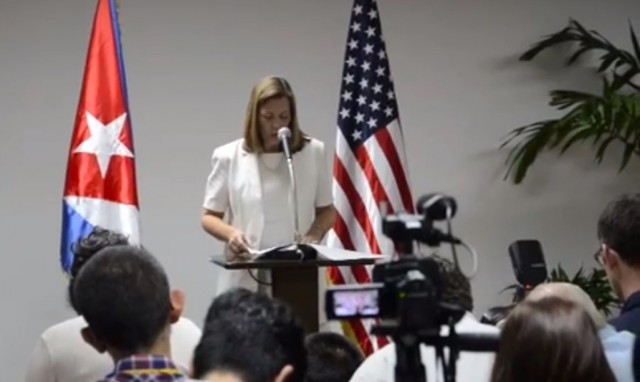
Caribbean, Cuba, Latin America: Week in Review, North America, United States
Cuba, U.S. Agree on Diplomacy, Clash Over Human Rights During Historic Talks
January 23, 2015 By Staff
Top Story — High-level talks between U.S. and Cuban delegates in Havana ended with both sides agreeing to move forward with plans to restore diplomatic ties and to reconvene ahead of April’s Summit of the Americas, when both countries’ presidents are set to meet. While the two days meetings were largely cordial, representatives of both countries clashed over human rights issues — with Cuba countering remarks about its humanitarian record with references to recent killings of unarmed black men by U.S police.
“As a central element of our policy, we pressed the Cuban government for improved human rights conditions, including freedom of expression,” said Assistant Secretary of State for the Western Hemisphere Roberta Jacobson, the first top U.S. diplomat to visit Cuba on official business in 38 years.
Josefina Vidal, Cuba’s highest-ranking diplomat for U.S. affairs and Jacobson’s counterpart during the meetings, in turn called for the U.S. to remove Cuba from its list of state sponsors of terrorism. She reportedly protested detentions at Guantanamo Bay and bought up the recent killings of unarmed black men at the hands of police officers in the states of New York and Missouri during Thursday’s afternoon meetings.
“It is a first meeting,” Vidal said. “This is a process.”
However, Vidal also praised President Barack Obama’s recent efforts to loosen the embargo on Cuba, asking that the U.S. Congress follow suit by ending it entirely. Obama urged Congress to make such a move during Tuesday’s State of the Union address.
Asked whether the talks had ended on a positive note, Cuba’s North American Affairs Deputy Chief Gustavo Machín smiled and said, “Look at my face. It reflects the spirit in which we’ve been talking up ’til now.”
Headlines from the Western Hemisphere
North America
- A federal security envoy deployed to the Mexican state of Michoacan will be withdrawn after spending over a year controversially organizing citizen vigilante groups into a new police force.
- Mexico’s Attorney General needs to further investigate the armed forces involvement in the disappearance of the 43 students from Guerrero state, according to Amnesty International, which held a press conference with the students’ family members in Mexico City.
- A ban on Guantanamo detainee transfers to Yemen has been restored, due to chaotic conditions in the Middle Eastern country, providing yet another obstacle to Obama’s plans to shut down the detention facility.
Caribbean
- In the second day of high-level diplomatic talks between the U.S. and Cuba, the delegations discussed the issues of Cuban access to future U.S. embassy in Havana and the easing of restrictions on U.S. diplomats operating in Cuba.
- Puerto Rico has created their first hiking trails for blind people at the Punta Tuna Nature Reserve, which include QR codes for audio information and special safety measures.
Central America
- Human rights activists and organizations have praised a legislative decision in El Salvador to pardon a woman convicted of killing her baby after she had suffered a miscarriage.
Andes
- Bolivian President Evo Morales was sworn in for his third consecutive term on Thursday, in a ceremony attended by a U.S. official who expressed hopes of normalizing relations between Bolivia and the U.S. — countries that have not had ambassadors since 2008.
- Colombia has deployed 32 new armored vehicles to its lawless Venezuelan border region — an $84 million investment and reminder that internal security remains a key priority as the government continues to make progress toward a peace agreement with FARC rebels.
Southern Cone
- Argentina’s President Cristina Fernández reversed course on Thursday and said the death of prosecutor Alberto Nisman was likely not suicide, despite the fact that Nisman was found dead hours before testifying against Fernández for allegedly conspiring to protect Iranian officials involved in Argentina’s worst terror attack.
- An analysis by Reuters notes that Brazil’s efforts to avoid inflation by raising interest rates have paid off by strengthening the local currency, a policy that nonetheless runs the risk of sending the stagnant economy into recession yet again.
Image: YouTube
Subscribe to Today in Latin America by Email
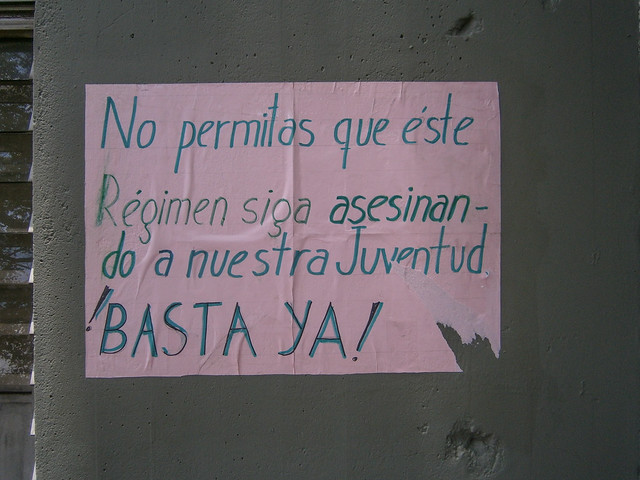
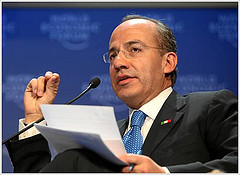
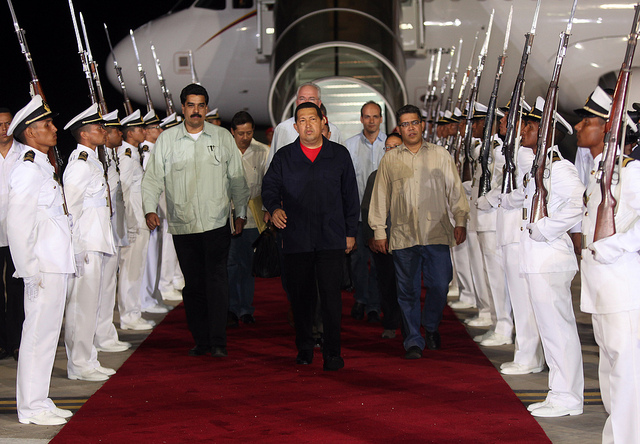
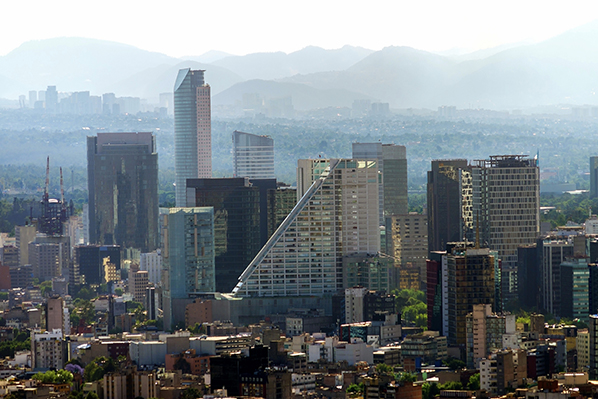
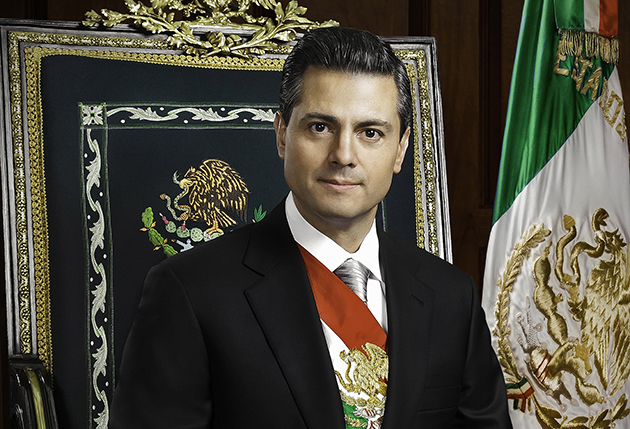

1 Comment
[…] Castro’s remarks come less than one week after U.S. and Cuban officials held historic, high-level talks in Havana, where both parties agreed to move ahead with their efforts to restore diplomatic […]
Comments are closed.